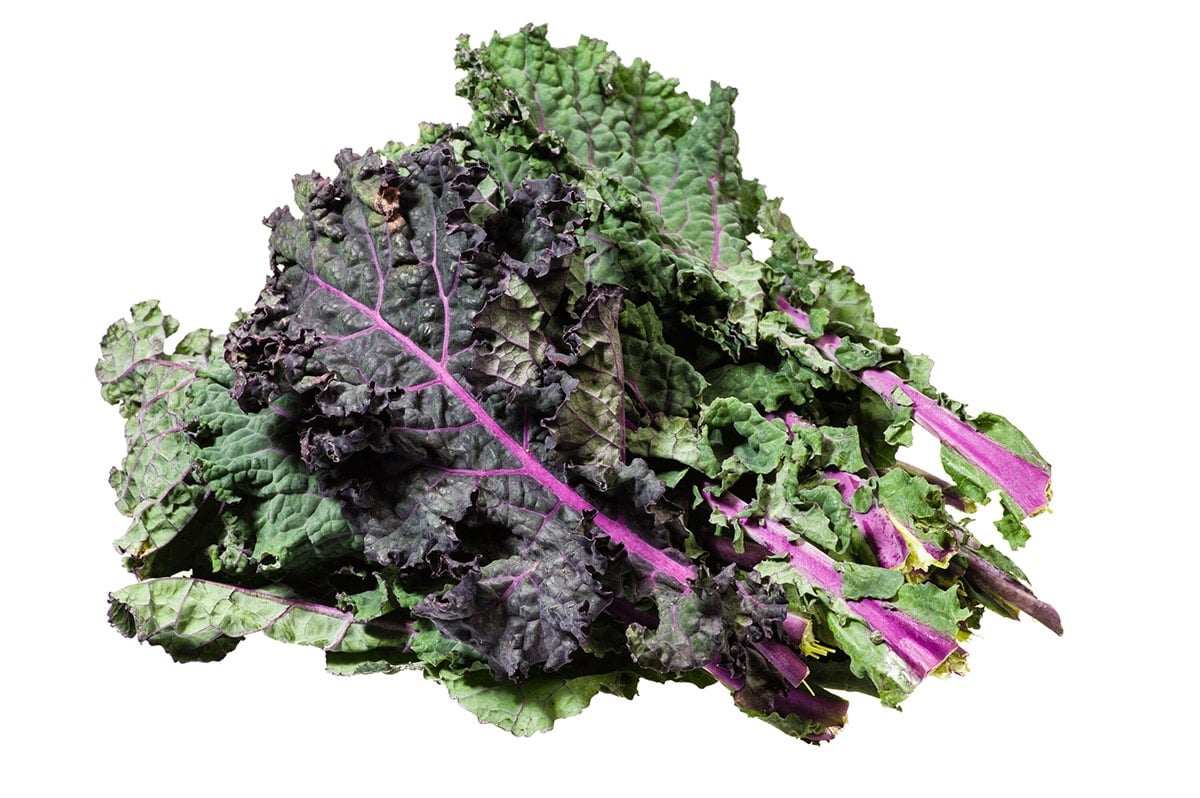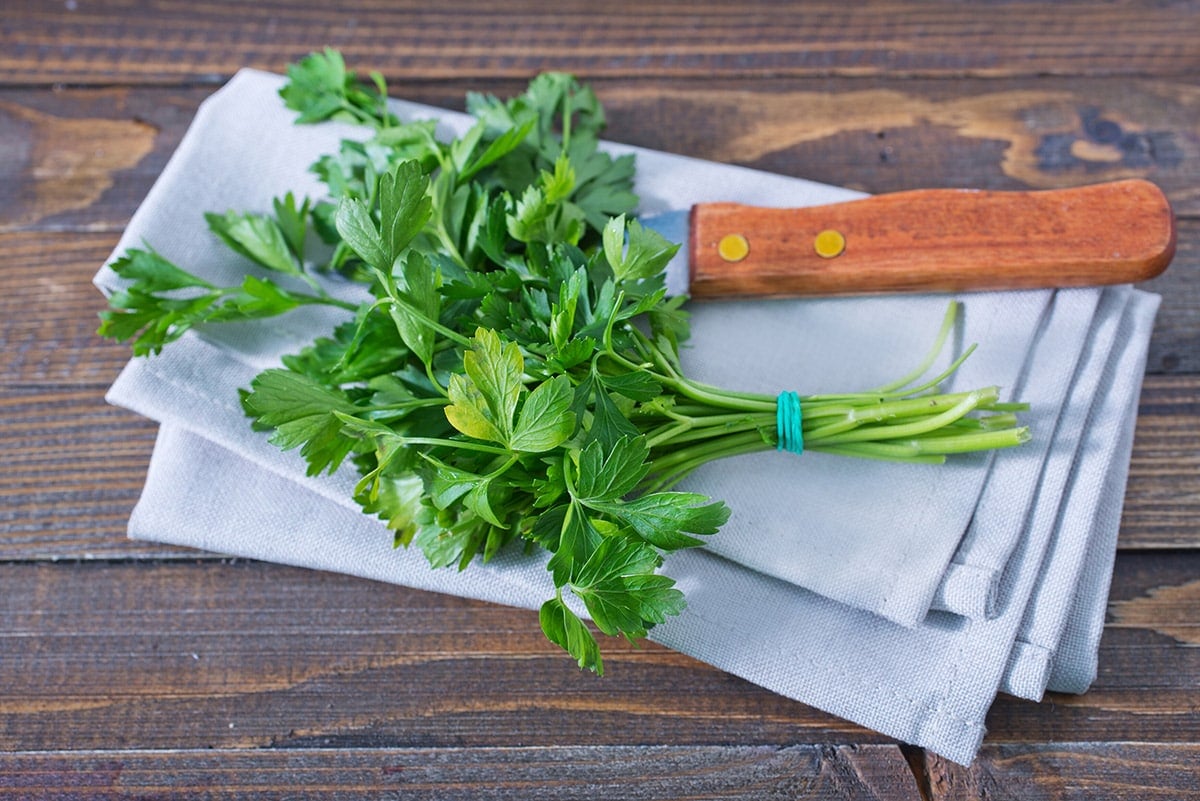Plant Based Vitamin C
Vitamin C is a powerful antioxidant commonly known for its immune-boosting properties. It’s naturally present in fruits and vegetables but can also be found as a supplement. Let’s explore Plant-based Vitamin C.
Vitamin C is an essential nutrient and a powerful antioxidant that can greatly impact your health both internally and externally. Vitamin C can improve everything from skin to immune function and everything in-between. Incorporating a few servings of vitamin C-rich foods into your meal can help you experience some (if not all) of the health benefits it contains.
So what foods can actually enhance your daily vitamin C requirements, and how much can they offer? Let’s take a closer look.
However, supplements can never be ideal food substitutes. Besides, they can be expensive for most people to afford. So why not go for the actual food?
This article takes a closer look at vitamin C and what sources are best to ensure you hit your daily requirements and improve your health. Also, see 10 Foods That Boost Your Immune System.
What is vitamin C?
Vitamin C, also known as L-ascorbic acid, is a water-soluble vitamin needed for growth and development.
Water-soluble means it dissolves in water and cannot be stored in the body. Any extra vitamin C is usually washed out in the urine. That’s why vitamin C has to be consumed daily.
Vitamin C is naturally present in some foods, particularly fruits and vegetables. It’s well known for its potent antioxidant activities, which boost its ability to fight infections and strengthen the immune system.
As an antioxidant, vitamin C protects your cells from harmful free radicals. If left to accumulate, these molecules can cause oxidative stress, a state that puts you at risk of developing chronic conditions.
According to research, consuming more vitamin C foods can increase antioxidant protection by up to 30 percent.
Other benefits of vitamin C include:
- It may lower blood pressure by relaxing the blood vessels, which allows blood to flow more freely
- It promotes skin health by boosting collagen production
- Reducing your risk of chronic diseases may lower the risk of heart disease
- It helps prevent iron deficiency anemia by enhancing the absorption of iron
- Protects memory and thinking capacity with age
- May lower the risk of some cancers
- It may protect against eye disease
- It may help in the treatment of lead toxicity
- Prevents urinary stones
- Delays signs of aging
- Lowering your risk of gout
- Improving your white blood cells’ functions helps boost immunity
- Lowering bad cholesterol
- Protecting against cognitive impairment and Alzheimer’s disease
- Improving mood
- Improving mood
- Fighting free radical damage
- Enhancing cancer treatment
- Read More.
What are the effects of vitamin C deficiency?
Not consuming enough vitamin C-rich foods may result in different health issues, including:
- Dry and split hair
- Swollen gums
- Bleeding gums
- Easy bruising
- Nose bleeding
- Digestive disorders like leaky gut
- Dry skin
- Gingivitis
- Joint pain
- Slow wound healing
- Rough, dry, and scaly skin
- Weakened immunity
A severe deficiency in vitamin C can put you at risk of a disease called scurvy, a condition characterized by fatigue, skin hemorrhages, muscle pains, joint pain, bleeding skin, and gum disease. Scurvy was a deadly disease common among sailors.
With scurvy, the body is unable to make collage and maintain all the tissues. With the introduction of citrus fruits in the diet of the sailors, scurvy was eradicated.
What are the recommended daily requirements for vitamin C?
According to the National Institute of Health (NIH)
- An adult woman 19 years and above – 75 milligrams per day
- An adult man 19 years and above – 90 milligrams per day
- Pregnant women – 85 milligrams per day
- Breastfeeding women – 120 mg per day
Best sources of vitamin C
The best and healthy way to meet your vitamin C requirements is by incorporating vitamin C-rich foods in every meal.
The best choices include:
1. Kale

Kale is a green leafy cruciferous vegetable that offers a wide range of health benefits.
A cup of raw chopped kale provides 80 milligrams of vitamin C, or 134 percent of your daily requirements, while a cup of cooked kale provides 53.3 milligrams of kale or 89 percent of your daily needs.
Kale is also high in fiber and other vitamins and minerals, including vitamins A, K, and B6 and manganese, magnesium, potassium, and copper.
Kale is one of the most nutrient-dense foods on earth. It’s loaded with powerful compounds, some of which offer incredible medicinal benefits. It also provides more than the required amount of vitamins A, C, and K.
With a cup of raw chopped kale containing more vitamin C than an orange or spinach, you may want to regularly incorporate it into your diet.
2. Broccoli
Broccoli is also a cruciferous vegetable high in nutritional benefits, including cholesterol reduction, cancer-fighting properties, reduced inflammation, antioxidant properties, anti-aging, and improved digestion.
Half a cup of chopped boiled broccoli contains 50.6 milligrams of vitamin C or 84 percent of your daily requirements.
Broccoli is a hearty, tasty vegetable with dozens of nutrients. It’s great for fighting toxins and aiding detoxification, fighting inflammation, enhancing bone health, and lowering cholesterol, to name but a few.
If broccoli is your preferred source of vitamin C, you stand to obtain about 303 percent of the daily value in a single cup serving.
3. Lemons
Lemon is a popular citrus fruit used for its vitamin C immune-boosting properties. It’s also used to add flavor in foods and salads and as a morning detox, often taken as lemon water.
A single lemon with peels provides 83.2 milligrams of vitamin C or 139 percent of your daily requirement.
Drinking lemon water is one of the best ways to increase your lemon intake and boost your vitamin C levels.
4. Kiwis

Kiwifruits are nutrient-dense with high levels of vitamin C, antioxidants, and fiber. They are great for your heart, digestive system, and general immunity. Check out Kiwi Nutrition And Benefits
A fresh raw medium kiwi without skin contains 70.5 milligrams of vitamin C or 117 percent of your daily requirements.
From its appearance to its taste and benefits, kiwifruit is no ordinary fruit. Its vibrant green flesh is full of antioxidants, essential minerals, and vitamins, including vitamin C, K, and vitamin A. It’s also very low in calories, making it a great addition to any weight loss or diabetic-friendly diet. A cup (177g) of fresh raw kiwi provides 273 percent of your daily requirement.
Besides the high vitamin C levels, regular consumption of kiwi can promote good sleep, prevent kidney stones, protect against cancer, and relieve constipation.
5. Bell pepper
Bell peppers, also known as sweet peppers, are a popular vegetable from the nightshade family. They come in various colors, including green, orange, yellow, and red. Red is often the ripest and sweetest of all.
Red peppers also have higher nutritional benefits, including their levels of phytonutrients and antioxidants like quercetin, lycopene, luteolin, beta carotene, capsaicinoids, and vitamin C.
According to the National Institutes of Health (NIH), a cup of raw, red pepper can meet up to 317 percent of your daily vitamin C requirement.
Red peppers are also rich in vitamin A, folate, and fiber, which help support various functions in the body.
Bell peppers are rich in iron and vitamin C, which boosts iron absorption. This combination renders green pepper a superfood to combat iron deficiency anemia.
A cup of fresh bell pepper contains 120 milligrams of vitamin C or 200 percent of your daily requirements.
6. Red peppers
Red peppers are an excellent source of vitamin C.
A cup of chopped raw red peppers contains 190 milligrams of vitamin C or 317 percent of your daily requirements.
They are also rich in vitamin A, with a cup providing about 75 percent of your daily requirements.
7. Parsley

Parsley is a common medicinal herb used in cooking in most households.
It’s known to support bone health, improve heart health, and offer antibacterial and antioxidant properties.
Parsley is also rich in vitamins A, C, and K.
A cup of raw parsley contains 79.8 milligrams of vitamin C or 133 percent of your daily requirements.
Parsley is a versatile herb often used as a garnish to enhance flavor in food.
Half a cup of freshly chopped parsley contains 53 percent of the daily recommended value.
8. Brussels sprouts
Brussels sprouts are vegetables in the shape of tiny buds that resemble baby cabbages.
They are low in calories but rich in essential nutrients like fiber, vitamin C and K, and antioxidants.
Half a cup of cooked Brussels sprouts contains 48 milligrams of vitamin C or 81 percent of your daily requirements.
These delicious little “baby cabbages” are packed with fiber, omega 3s, minerals, antioxidants, and vitamins, including vitamin C. Half a cup of cooked brussels sprouts can provide 81 percent of the daily requirement.
9. Orange

Like lemon, orange is another nutritious fruit high in vitamin C.
One large orange contains 98 milligrams of vitamin C, which is equivalent to 163 percent of your daily requirement.
If you are a fan of citrus but don’t prefer the sourness in lemon, oranges are for you. A single orange will not only meet up to 92 percent of your daily vitamin C requirements, but it will also provide antioxidants such as flavonoids and carotenoids, both of which fight inflammation, preserve vision, and prevent eye damage.
10. Pineapple
Pineapple is a tropical fruit rich in vitamins, antioxidants, and enzymes.
It’s a powerful immune booster and digestive aider.
A cup of raw pineapple chunks contains 79 milligrams of vitamin C, 131 percent of your daily requirements.
11. Strawberries

Strawberry is one of the most prevalent nutrient-dense fruit in the world.
Studies have shown that regular consumption of strawberries can help fight against cancer, prevent heart disease, improve blood pressure, protect against stroke, prevent constipation, and help improve diabetes.
A cup of fresh strawberries can give you 89 milligrams of vitamin C or 149 percent of your daily vitamin C requirement.
A cup of strawberries (152 grams) contains 149 percent of your daily requirement. But despite having a good amount of vitamin C, strawberries may not be a good source unless they are organic. This is because strawberries harbor most of the pesticides used during production.
12. Guava
Guava fruit is a tropical fruit native to the Caribbean, Central America, and South America. Currently grown globally in Southeast Asia, parts of Africa, and Southeast Asia. it is now sold fresh or frozen in supermarkets in the USA.
This tropical fruit is incredibly delicious and full of nutrients. It’s among the top sources of vitamin C, with a cup (165 g) offering 628 percent of what you need in a day.
13. Papaya
Papaya is a tropical fruit known to promote digestion, prevent constipation, and promote skin health. This is due to its high fiber level and vitamins like vitamin C, among other nutrients.
A cup of cubed papaya can supply your daily vitamin C requirement for up to 144 percent.
14. Cauliflower
Cauliflower is one of the best and most recommended low-calorie vegetables for insulin resistance and type 2 diabetes. It’s also one of the best sources of choline, an essential nutrient that supports metabolism, DNA synthesis, and improved integrity of the cell membrane.
In terms of vitamin C, a cup of raw cauliflower provides 77 percent of the recommended daily value.
15. Mango
A cup of sliced mango can provide up to 76 percent of the daily vitamin C requirement. Mango also contains impressive amounts of folate, copper, fiber, and vitamins A, B6, E, and K, all of which boost good health.
16. Grapefruit
A single grapefruit contains over 90 percent of the recommended daily vitamin C levels. It also has other beneficial nutrients like fiber, iron, and antioxidants, including beta carotene and lycopene.
Do vegans get enough vitamin C?
Yes, once you eat fruits and vegetables in your meals daily because Vitamin C cannot be stored you have to obtain it from your meals. Just don’t eat processed meals for all your meals.
Be mindful that Vitamin C loses its nutrients right after harvesting, it is sensitive to heat so it is best to eat your fruits and vegetables raw or lightly cooked.
Vitamin C is actually higher in frozen fruits and vegetables than fresh produce, the reason may be because the product is usually stored for a long and transported at a long distance.
In conclusion
Vitamin C is a water-soluble vitamin essential for different health functions, from promoting healthy skin to boosting immunity. It simply works to improve your health from the inside out.
Incorporating these fruits and vegetables into your every meal will be sufficient to ensure you meet your requirements and avoid health issues associated with its deficiency.
Vitamin C is an essential water-soluble vitamin known to fight inflammation, boost immunity, prevent infection, and neutralize harmful free radicals in the body.
Various foods contain vitamin C; however, some have more than others. The foods discussed in this article contain the highest level of vitamin C, and regularly incorporating them into the diet can bring tremendous health benefits.
Also, Check Out These Related Articles
- Incredible Health Benefits Of Almonds
- 13 Proven Benefits Of Olive Oil
- Benefits Of Noni
- Benefits Of Blueberries And Raspberries
- Cucumber Nutrition
If you enjoyed this post about Plant-Based Vitamin C and would love to see more, join me on Youtube, Instagram, Facebook & Twitter!
Get discounted copies of my cookbook here.
Also please leave a star rating ;-)
Need some encouragement on your Healthier Steps journey?
Join our Facebook groups, sharing lots of delicious vegan and gluten-free recipes, health tips, etc., from our members. Please join us and invite your friends to Gluten-Free and Vegan For Beginners and Vegan Recipes With Love.








good news for Rwandans people
thank you for the plant based vitamin c